90% of the Nikahnamas reviewed from Sindh had
unfulfilled clauses, raising concerns about the
systematic exclusion of safeguards for women
Staff Reporter
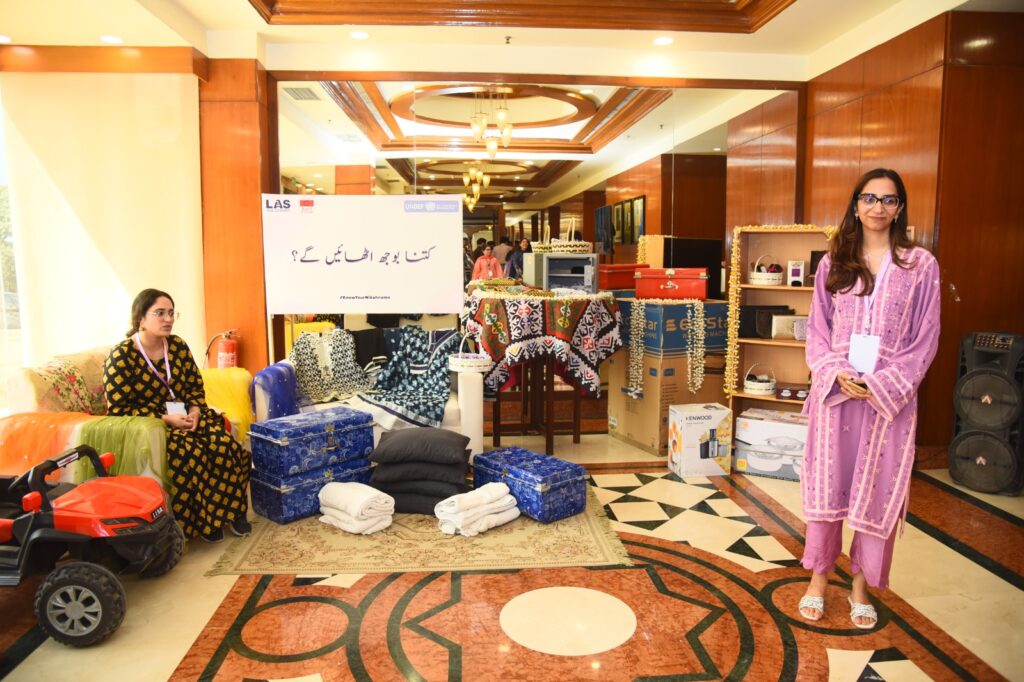
Karachi: The Legal Aid Society, in collaboration with the United Nations Democratic Endowment Fund (UNDEF), Tehrik-e-Niswan, and Bond Advertising, hosted the “Mela on Women’s Rights in Marriage.” This interactive event aimed to raise awareness about women’s legal rights in marriage. Moreover, it blended cultural traditions with legal education and engaged participants through various interactive segments.
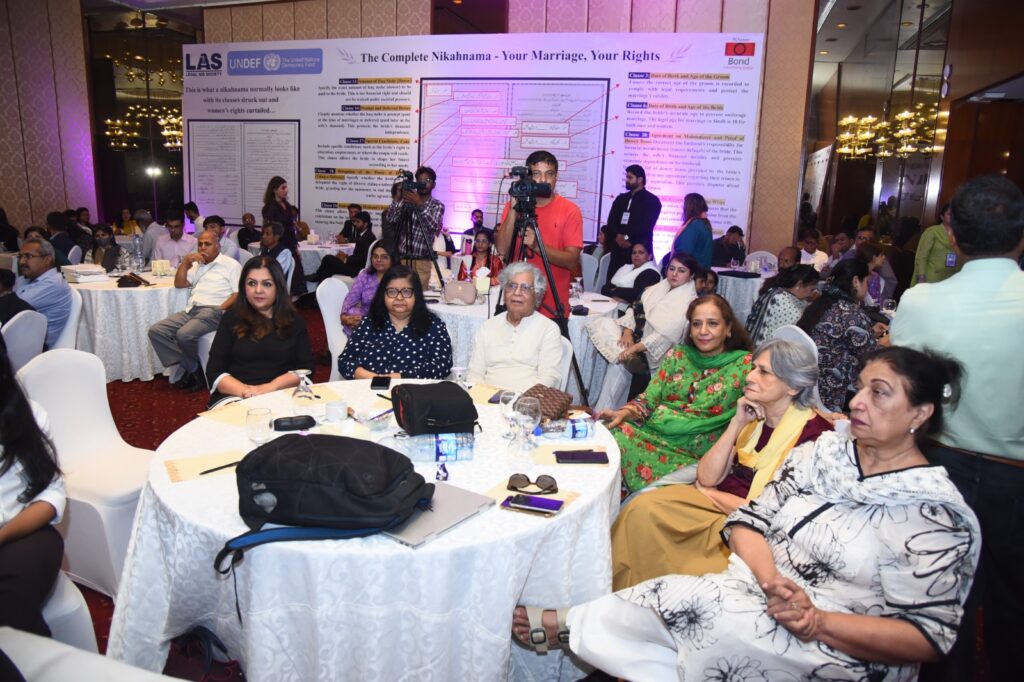
Highlighting the Importance of the Nikahnama
The event emphasized the Nikahnama as a critical tool for protecting women’s rights. Although it serves as a binding marriage contract, many crucial clauses that safeguard women’s autonomy often remain blank or get crossed out. In fact, an empirical study by the Legal Aid Society in 2023 revealed that 90% of Nikahnamas reviewed from Sindh had unfulfilled clauses. This finding raises concerns about the systematic exclusion of safeguards for women.
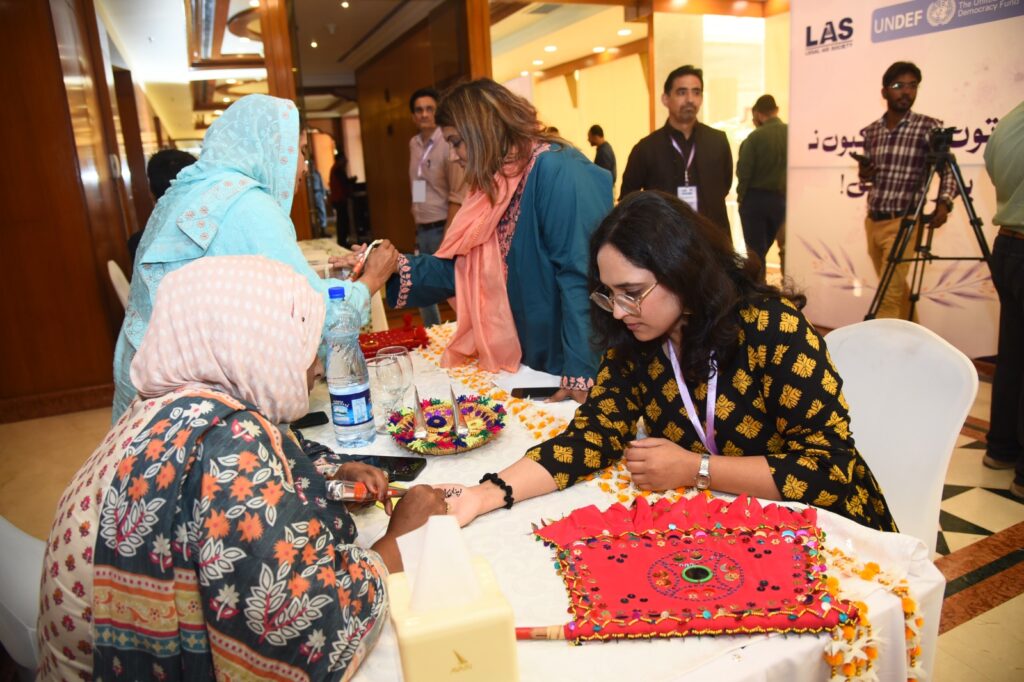
A Celebration of South Asian Culture
Additionally, the event reflected the spirit of a South Asian wedding. Attendees included government stakeholders, civil society organizations, and women’s rights advocates. Chief Guest Shaheena Sher Ali, Minister of the Women Development Department, delivered the keynote address. She emphasized the need for awareness and counseling regarding rights and responsibilities in marriage. “A man is never blamed for the dissolution of a marriage, while the blame always falls on women. Why do we not get our rights?” she asked. Consequently, she expressed a desire for continued sessions until every Nikahnama is filled out completely.
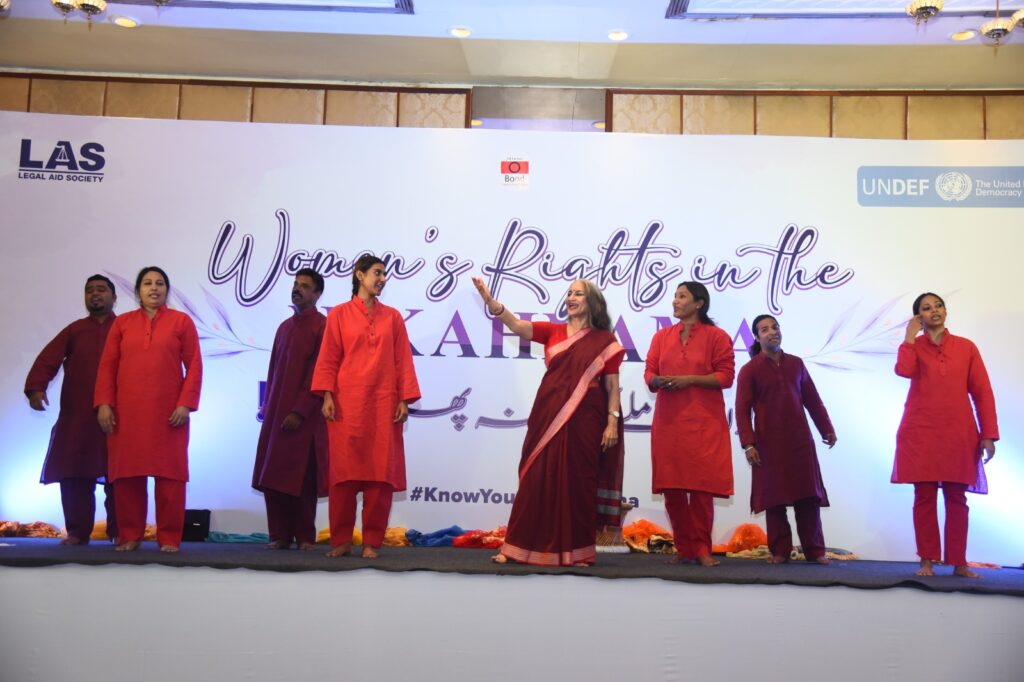
Engaging Activities and Performances
The event featured multiple interactive segments. For example, one included a Mehendi Stall where participants received slogans through mehendi designs while learning about women’s rights in marriage. Furthermore, a theatrical performance by Tehrik-e-Niswan demonstrated the importance of understanding the Nikahnama’s terms. Meanwhile, a Bridal Walk showcased embroidered dupattas with messages on women’s empowerment and marriage rights.
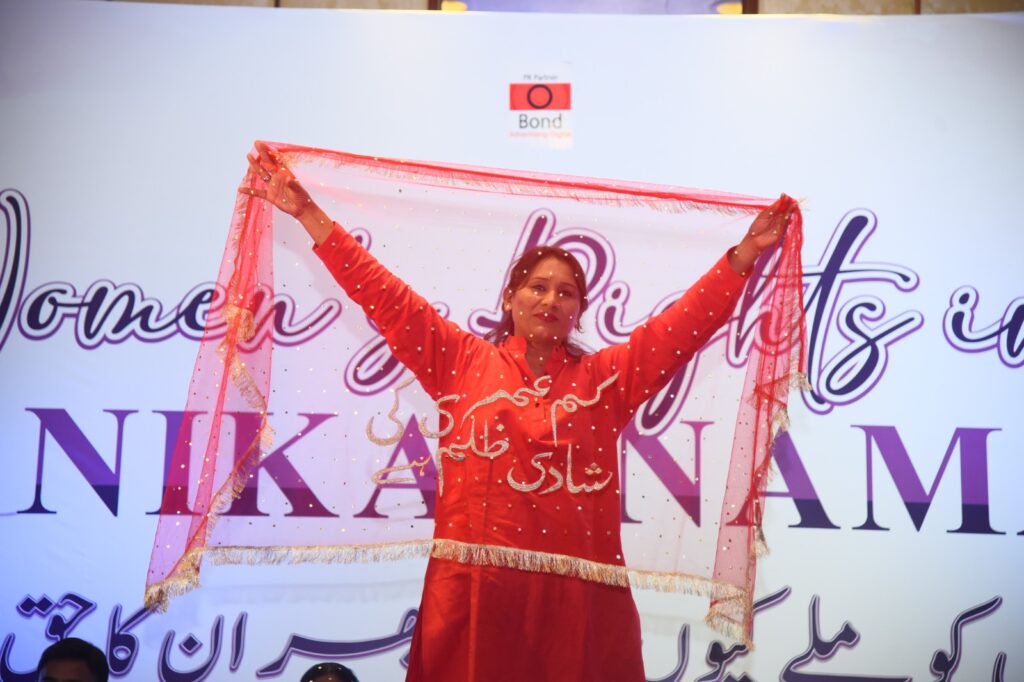
Expert Insights on Women’s Rights
An insightful panel discussion included legal experts and activists who discussed the impact of unfilled Nikahnama clauses and the need for awareness about marriage. Syed Uzair Al Huda, a Nikah Registrar, stated, “It is easy to get a license to be a Nikah registrar. Therefore, the government must ensure that registrars have the necessary qualifications and knowledge.”
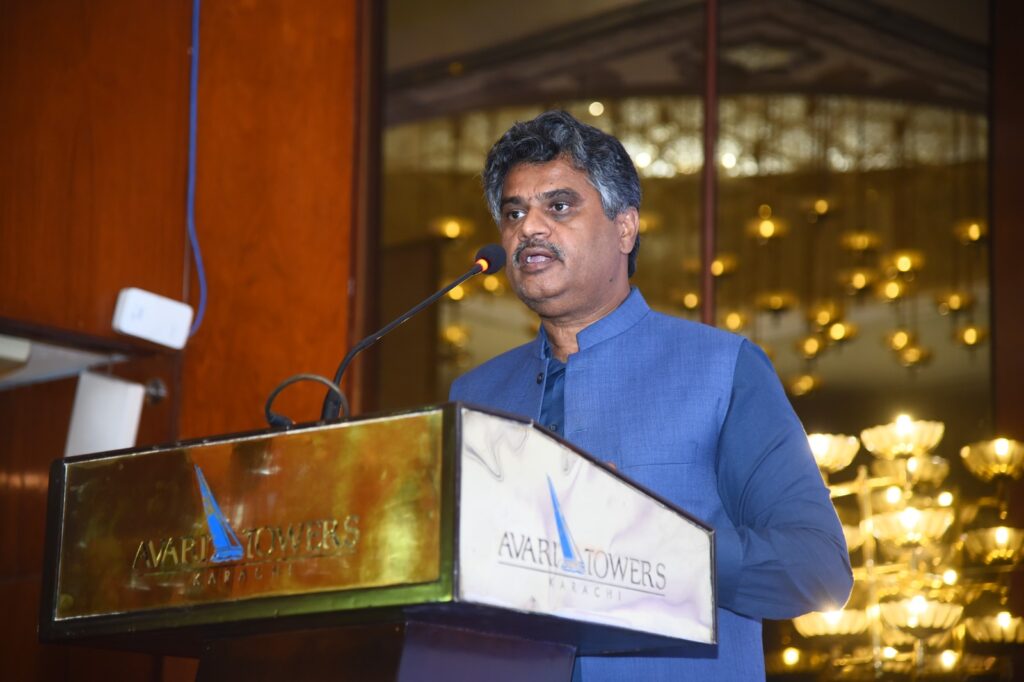
In addition, Iqbal Detho, Chairperson of the Sindh Human Rights Commission, emphasized the need to include CNIC numbers in the Nikahnama. This addition would help ensure accurate age recording and combat child marriages. He highlighted the need for collective action to inform women of their rights.
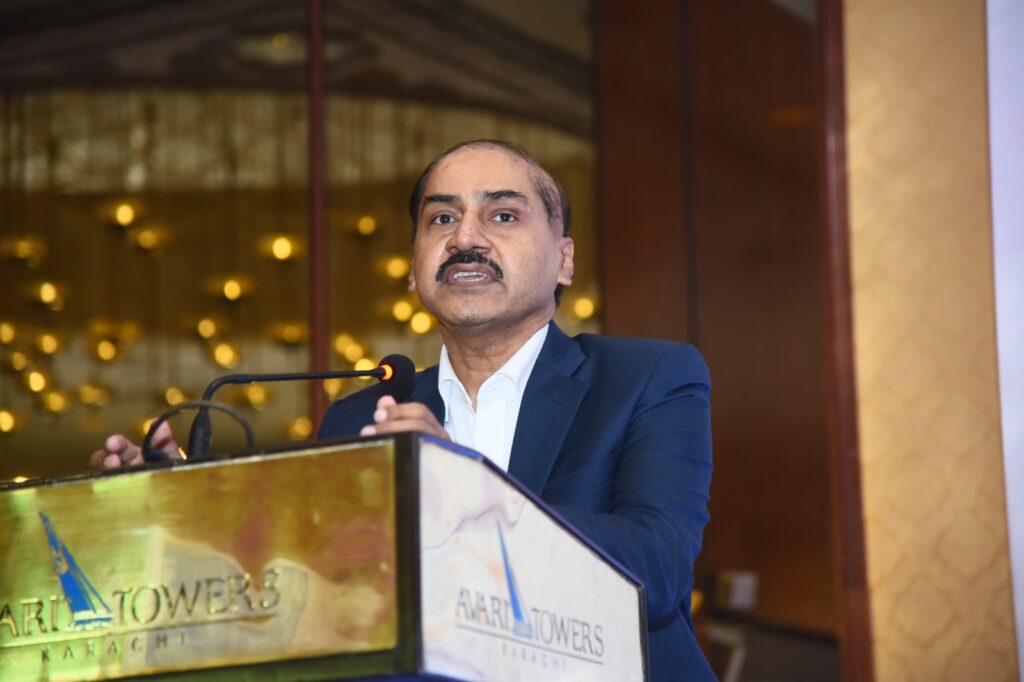
A Call for Collaboration
Furthermore, Syed Khalid Hyder Shah, Additional Chief Secretary, Local Government, also addressed the importance of such events. “We are standardizing the process of Nikah registration, including the requirements for Nikahkhwans,” he said. “This will help protect women’s legal rights.”
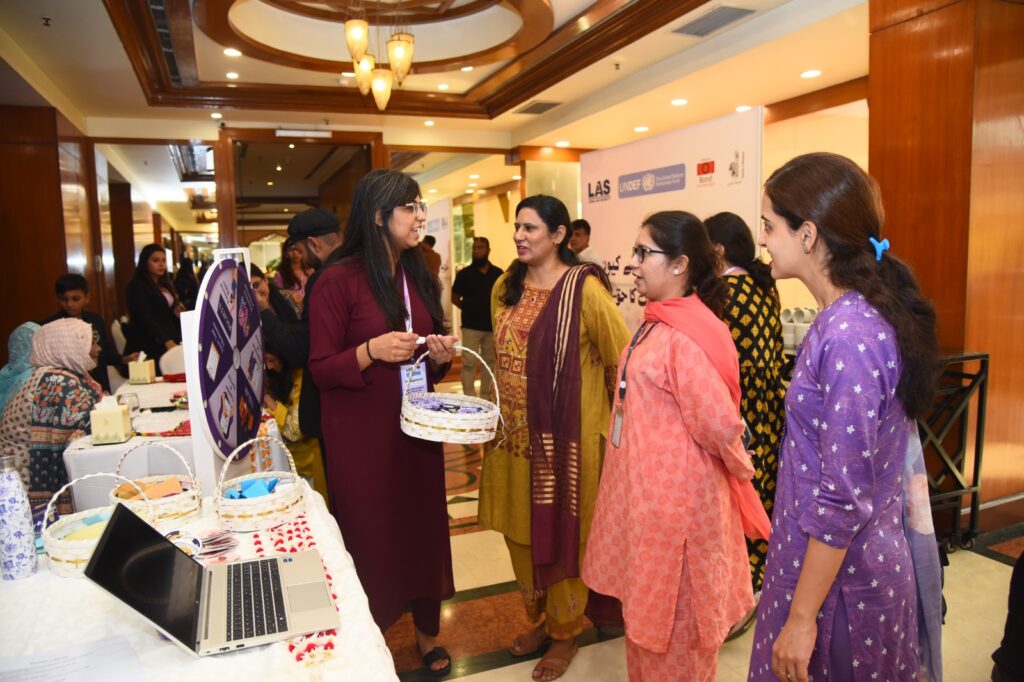
Ultimately, the “Mela on Women’s Rights in Marriage” concluded with a call for stronger collaboration between government bodies and civil society. The event underscored the need for informed decision-making when filling out Nikahnamas. By raising awareness and fostering cultural change, it highlighted a path toward greater empowerment and equity for women within marriage in Pakistan.























